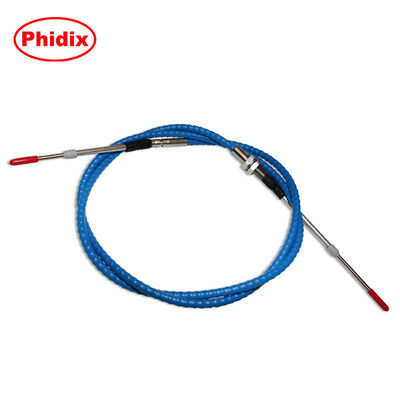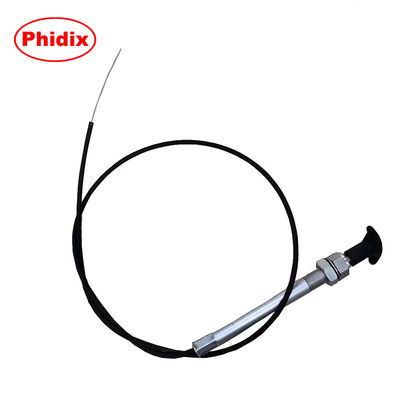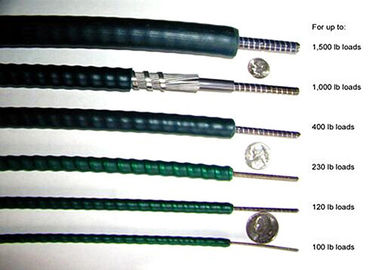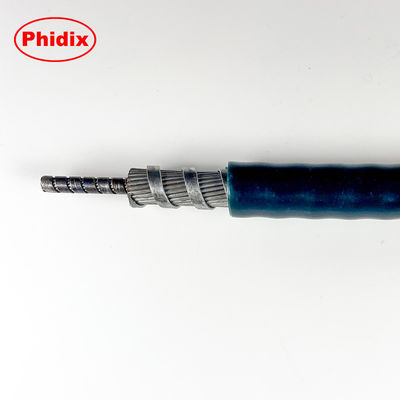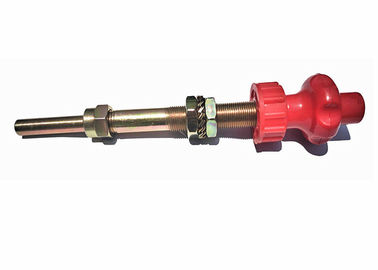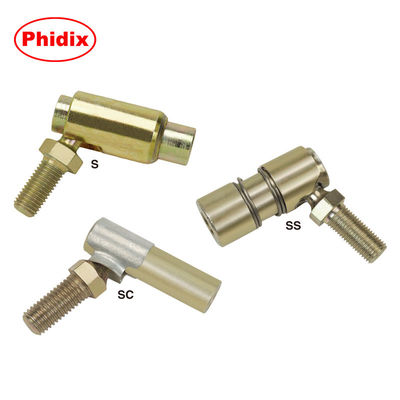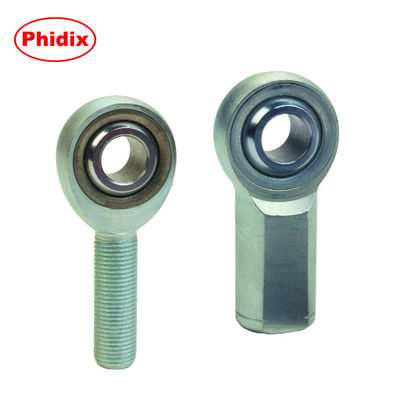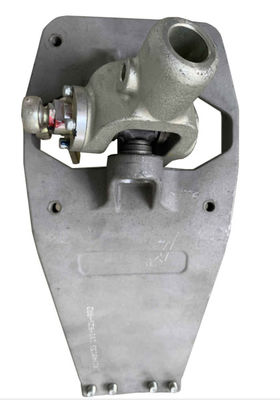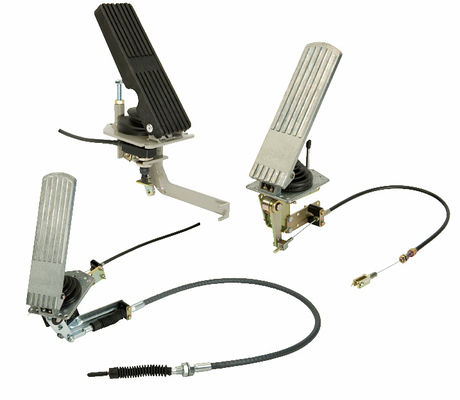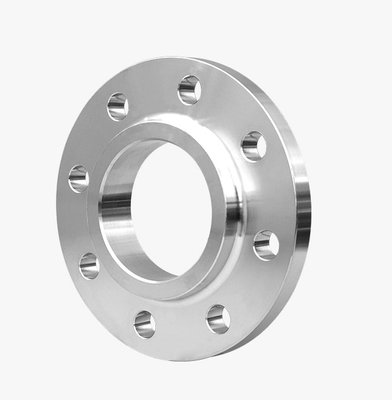The IATF16949 quality management system has become a crucial benchmark for automotive supply chain excellence, particularly in Chinese cable manufacturing. This certification goes beyond traditional quality management frameworks to ensure that cables produced in China meet the rigorous demands of global automotive manufacturers. Companies implementing this standard demonstrate a commitment to process consistency, defect prevention, and continuous improvement that directly impacts product reliability and performance.
What is IATF16949 and Why It Matters for Cable Manufacturing
IATF 16949, or the International Automotive Task Force 16949, represents a specialized quality management standard designed specifically for the automotive industry. It builds upon the foundation of ISO 9001 while addressing the unique challenges faced by automotive suppliers. For cable manufacturers in China, this certification is particularly significant as it:
-
Establishes a comprehensive framework that emphasizes consistent manufacturing processes
-
Places strong focus on risk management throughout the production cycle
-
Mandates continuous improvement protocols that prevent quality issues
-
Ensures standardized quality across global supply chains
Unlike general manufacturing standards, IATF16949 addresses the critical nature of automotive components where failure can lead to safety concerns. Cable assemblies, which form the nervous system of modern vehicles, must demonstrate exceptional reliability under varied conditions – something this certification specifically targets.
Core Components of IATF16949 Quality Control
Chinese cable manufacturers implementing IATF16949 must establish several key quality control mechanisms that directly enhance product integrity:
-
Fully Integrated Processes: The standard requires manufacturing systems where quality control is embedded at every stage rather than applied as a final inspection.
-
Evidence-Based Decision Making: Manufacturing facilities must implement data collection and analysis systems that guide process improvements and identify potential issues before they manifest as defects.
-
Culture of Continuous Improvement: Organizations must foster environments where quality enhancement is ongoing, with formal systems for identifying and implementing improvements.
-
Engaged Personnel: The standard recognizes that quality depends on well-trained, properly equipped staff who understand their role in the quality system.
-
Customer Satisfaction Focus: Quality systems must specifically address customer requirements and measure satisfaction with formal feedback mechanisms
Many leading Chinese cable manufacturers have embraced advanced quality management tools that complement IATF16949 requirements. For example, PHIDIX incorporates lean six-sigma management techniques through the DMAIC (Define, Measure, Analyze, Improve, Control) methodology to systematically address quality challenges. Learn more about their quality approach at https://www.mechanical-controlcable.com/quality.html
How Chinese Manufacturers Implement IATF16949 for Cable Production
Structured Problem-Solving Methodologies
The application of Six Sigma DMAIC techniques in Chinese cable manufacturing facilities provides a disciplined approach to identifying and resolving quality issues:
-
Define: Problem definition begins with Standard Problem Definition (SPD) analysis to clearly articulate quality concerns.
-
Measure: Manufacturers implement comprehensive Data Collection Plans to gather relevant metrics on production processes.
-
Analyze: Root cause analysis techniques identify the fundamental sources of quality issues rather than symptoms.
-
Improve: Systematic experimentation leads to process improvements that address identified root causes.
-
Control: Manufacturing facilities implement control charts and verification procedures to maintain improvements over time.
These methodologies are particularly effective for addressing specific cable defects. For instance, bonnet cable problems can be systematically resolved through this structured approach, ensuring consistent operation in automotive applications
Benefits for Buyers of IATF16949-Certified Cables
Procurement professionals and engineering teams benefit significantly when sourcing from IATF16949-certified Chinese manufacturers:
-
Reduced Qualification Time: The certification provides assurance that fundamental quality systems are in place, streamlining supplier qualification processes.
-
Lower Warranty Claims: The focus on defect prevention and process control typically results in fewer field failures and warranty issues.
-
Consistent Quality: The standard ensures that quality levels remain stable even as production volumes fluctuate or new product variants are introduced.
-
Traceable Manufacturing: Requirements for documentation and traceability mean that issues can be quickly isolated and addressed when they occur.
-
Continuous Improvement: IATF16949's emphasis on ongoing enhancement means that suppliers typically demonstrate quality improvements over time.
Conclusion
The IATF16949 standard serves as a critical differentiator in Chinese cable manufacturing, providing a structured framework that ensures consistent quality production. For buyers, this certification offers confidence that manufacturers have implemented robust quality systems specifically designed for the demanding automotive environment. As Chinese cable manufacturers continue to expand their global presence, this certification will remain a key indicator of their capability to deliver reliable, high-performance cable assemblies that meet international automotive standards.
For companies seeking reliable mechanical control cables with verified quality management systems, exploring partners who combine IATF16949 certification with lean six-sigma methodologies like DMAIC offers the strongest assurance of consistent quality and performance.

 Your message must be between 20-3,000 characters!
Your message must be between 20-3,000 characters! Please check your E-mail!
Please check your E-mail!  Your message must be between 20-3,000 characters!
Your message must be between 20-3,000 characters! Please check your E-mail!
Please check your E-mail! 
